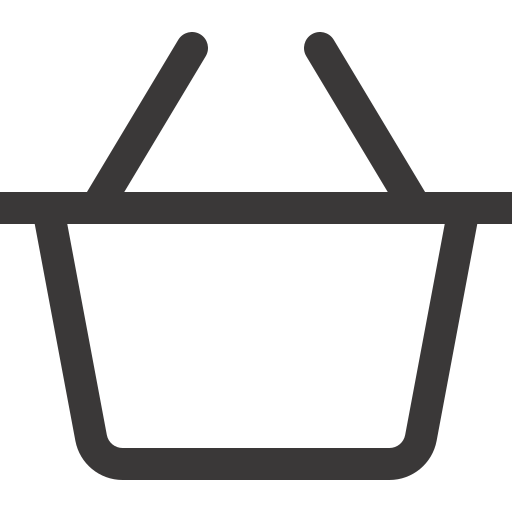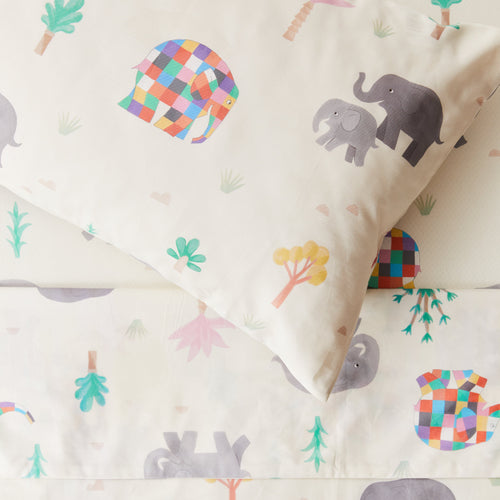What Is Organic September?

Every year, farmers, brands and businesses around the world celebrate Organic September, a month long campaign to raise awareness of the benefits of choosing organic, run by the Soil Association. Kabode are getting involved as we are really passionate about the importance of organic farming and choosing organic products, and want to do what we can to help spread the word!
Most people are used to seeing organic food options in the supermarket, and are aware that by choosing them they reduce their own consumption of pesticides, which makes sense! Sometimes though it’s less easy to understand why we should care about organic textile products, such as bedding, and what benefit it has to us as a consumer. We don’t eat it, so what difference does it make?
During Organic September, The Soil Association share interesting information and stats which explain why we should care. It’s actually not so much about how the final product benefits you as the end user, it’s about how farming and production methods can harm or help the environment and therefore improve quality of life for all of us. If Europe’s farmland all followed organic principles, agricultural emissions could drop by 40% by 2050. The cotton, bamboo and wool that go into the bedding we have at home were all grown on farms, by farmers. If those farmers follow organic methods there are many benefits to the planet and to us.

Kabode bedding is made using organic cotton. We choose to use organic cotton for our sheets, pillowcases, duvet covers and quilts because we want to minimise our damage to the planet and make it as healthy as possible for our kids and their kids to grow up into. As the Soil Association say - nature has the answer, organic works with nature, not against it, and after all if the planet had a choice it would choose organic.
Non-organic vs organic farming methods
Organic farming methods have many benefits when it comes to growing cotton. One major plus point is that organic farming methods hugely reduce water consumption. A lot of cotton is grown in areas that suffer regular droughts, but it can take 2,700 litres of water to grow enough cotton to produce a single non-organic cotton T-Shirt. This of course means less water is available for the people who live there, their animals, and their other needs. As the old saying goes - water, water everywhere and not a drop to drink!
Methods for growing cotton organically make use of rainwater, and also leave the soil healthy and not full of toxic pesticides, which means that excess water can soak into the ground where it is held ready to keep the crop healthy during times of drought.
As you’re probably aware, a big difference between non-organic and organic farming methods is the use of synthetic pesticides and fertilizers, which aim to sanitize and control the growth of nature around the crop, rather than work in harmony with it. Whilst this might help to ensure the crop grows unhindered, it also destroys the natural ecosystem of the area, killing vital insects, pollinators and healthy plants as well as permanently scarring the soil.
Organic farming grows different crops side by side, making use of natural ways to keep weeds and pests under control, and allowing farming families to diversify their offering and so help to secure their income.
Soil that is farmed organically stores a greater amount of carbon, which helps to combat climate change. Organic cotton also emits less greenhouse gases during its growth. Global warming is a major concern so choosing fabrics and farming methods that help to slow its progress is a smart choice that we can make now to protect future generations.
Join us to celebrate Organic September!
We’re celebrating everything organic this September, and we invite you to join us! Here are a few ways you can get involved…
1. Challenge yourself to switch some of your regular products to organic alternatives, perhaps you could choose one from each section of your shopping - a fruit, a vegetable, a frozen food, a dairy product and a cleaning product? Every little change helps!
2. If you’re a keen cook, could you try to bake a cake or make a meal using entirely organic ingredients?
3. Visit the Soil Association’s Organic September campaign site to learn a few handy facts about organic farming to surprise people with on your next zoom call.
4. Follow Kabode on Instagram to find out more about our organic and sustainable materials, and tips for easy ways to make sustainable product choices whilst bringing up kids.
5. Start a dinner time debate - show your kids this intro video to organic farming and have a chat about the various pros and cons, let them decide which type of farm they’d rather run if they were in charge and explain why. It’s an interesting conversation to get them thinking about the benefits of personal wealth vs environmental health, and understanding the bigger picture around organic products.
Hopefully this article has shown you there is more to organic than whether your apple has pesticides on it. If you are still looking for a direct personal benefit to choosing organic bedding, consider that it is better for your skin not to be in contact with those harsh chemicals.
There is a big conversation around organic farming, but one thing’s for sure, we have to do something to slow the effects of climate change and making the best choices we can when shopping may only be a drop in the ocean, but small changes add up.
Join in the conversation this Organic September and learn a bit about small choices you can make toward a better future.



